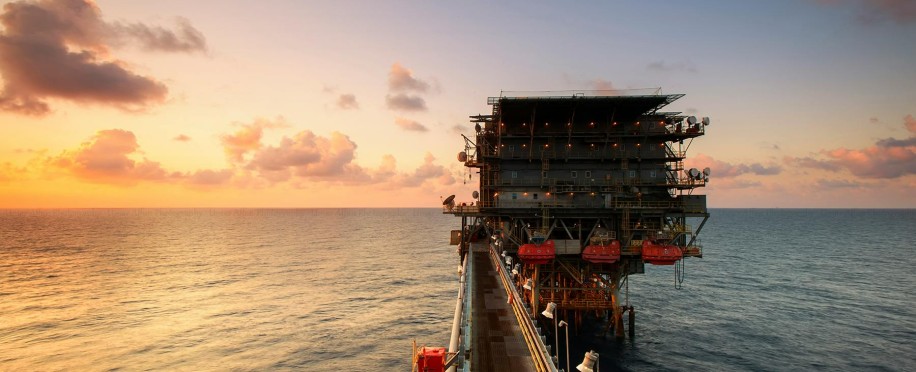Copyright © 2026 lmitac.com All Rights Reserved. Contact - Terms and Conditions - Privacy Policy - Quality Policy - Become an instructor - Vacancies - Sitemap
London Maritime Academy is a trade name for London Premier Groupversion: 2.9.0
London Maritime Academy is a trade name for London Premier Group

Posted on : 10/29/2025, 8:54:10 PM
Last Update : 10/29/2025, 8:54:10 PM
Supply chains on land are challenging enough, but once the focus shifts offshore, the rules change completely. Equipment isn’t simply trucked from one point to another. Personnel can’t just hop in a car. Offshore Logistics steps in here—it’s the thread holding together projects that happen miles away from the nearest road. Without it, oil rigs, wind farms, and subsea installations would grind to a halt.
It isn’t only about moving boxes or tanks. It’s about ensuring exploration continues, construction advances, and production never stops. If offshore supply lines fail, the industry stalls. That’s how critical logistics becomes once you move beyond the shoreline.
People sometimes imagine logistics as warehouses stacked high, trucks pulling up to loading bays, or maybe cargo moving through a port. Offshore work looks nothing like that. Here, logistics means vessels carrying specialized equipment, subsea baskets being lowered into the water, or helicopters delivering skilled personnel to a rig.
Every trip counts. A single delay doesn’t just cause frustration—it can throw off an entire project schedule. That’s why providers aren’t judged only by what they deliver, but by whether they keep operations reliable and safe in some of the most demanding conditions anywhere in the world.
No two projects are alike. A gas platform in the gulf may need constant delivery of heavy cargo units. A renewable wind installation might require subsea tools and precision equipment. Offshore Logistics adapts to each case by offering a wide range of services.
These include:
What ties all this together is expertise. It isn’t enough to own equipment—you need teams who know how to operate it efficiently and ensure safety every step of the way, especially in times of danger like ship collisions.

One of the biggest shifts in Offshore Logistics is integration. Instead of relying on separate contractors for road, air, and marine services, companies increasingly turn to providers who can handle it all. That integrated approach reduces cost, removes duplication, and, most importantly, keeps projects on schedule.
Strong logistics partners usually stand out because they:
When a provider offers all this, they stop being just a service supplier—they become part of the project’s core team.
Energy is a global business. Offshore Logistics connects continents and industries, making sure rigs in Africa, ports in Asia, and wind farms in Europe stay supplied. Equipment might be loaded in Nairobi, pass through customs in Singapore, and be installed at sea within days.
That global perspective demands both scale and local expertise. Providers must know international regulations, yet also understand the specifics of each region. This mix of reach and precision is what allows projects to succeed.
Technology and vessels are crucial, but people bring everything together. Skilled crews, experienced managers, and trained personnel make operations work. That’s why training matters just as much as equipment.
Whether you're based in London, Dubai, Barcelona, Paris, Istanbul, Kuala Lumpur, Singapore, or Amsterdam, London Maritime Academy delivers internationally recognised programs tailored to local and global needs. Our regional offices provide flexible training solutions and expert support, helping companies prepare teams for the real-world challenges of offshore projects. For industries where safety and efficiency are non-negotiable, investing in people is every bit as important as investing in infrastructure.
If Offshore Logistics had to be defined in three words, they would be efficiency, safety, and reliability. Efficiency ensures projects run on time and costs stay manageable. Safety protects personnel, cargo, and the environment. Reliability builds the trust that allows companies to hand over critical operations to a provider with confidence.
Experienced companies bring all three together. They operate vessels with precision, maintain warehousing standards while still managing customs processes and keeping transportation moving—even when conditions are tough.
Offshore Logistics is changing. Oil and gas projects up till now still dominate, nevertheless renewable energy, especially offshore wind, is creating new demands. Logistics providers must adapt by delivering greener, more sustainable solutions while still ensuring the fundamentals—safe, reliable, efficient operations.
Hybrid projects, subsea construction, heavy-lift installation, and new exploration sites will all continue to test providers. Nevertheless, only maritime shipping businesses that adapt quickly, offer integrated services, and bring both local and global expertise through Offshore Logistics courses in London will be leading the way.
At its heart, Offshore Logistics isn’t just about moving goods from A to B. It’s about making sure entire industries can keep operating where conditions are harsh and failure isn’t an option.
The best providers reduce complexity, enhance safety, and deliver confidence. They become partners rather than contractors, enabling exploration, energy production, and construction to continue far beyond the shore. Offshore Logistics, done well, is less about cargo and more about possibility—the possibility of global industries running smoothly, even in the most remote and challenging environments on earth.